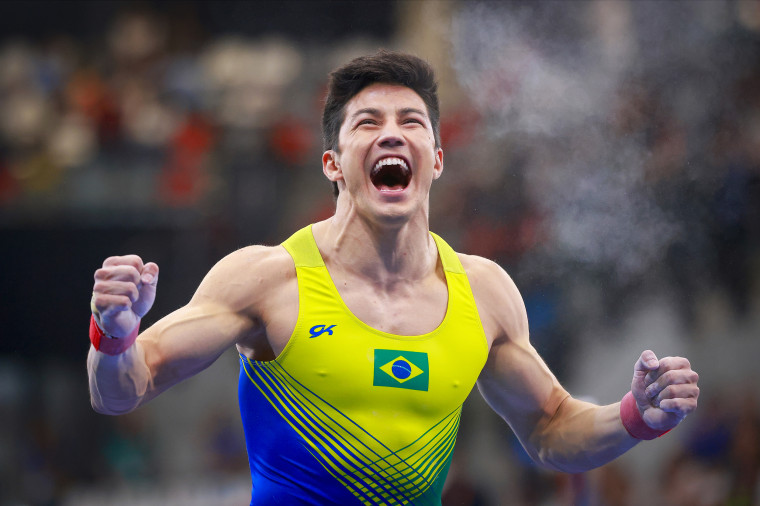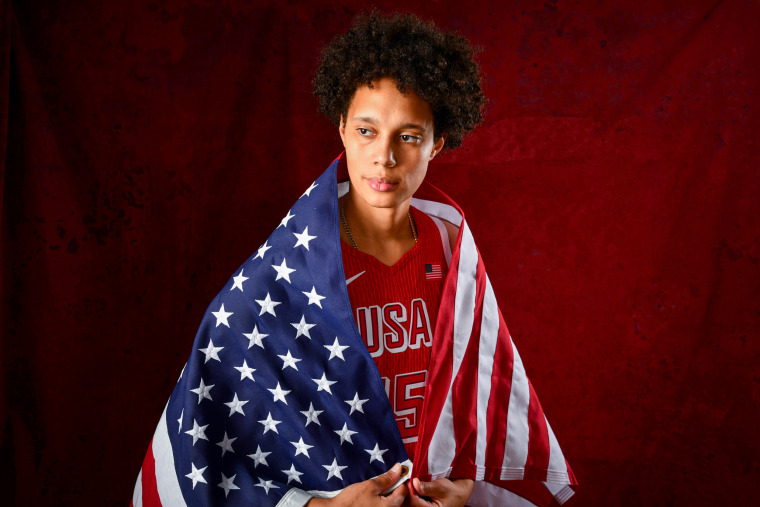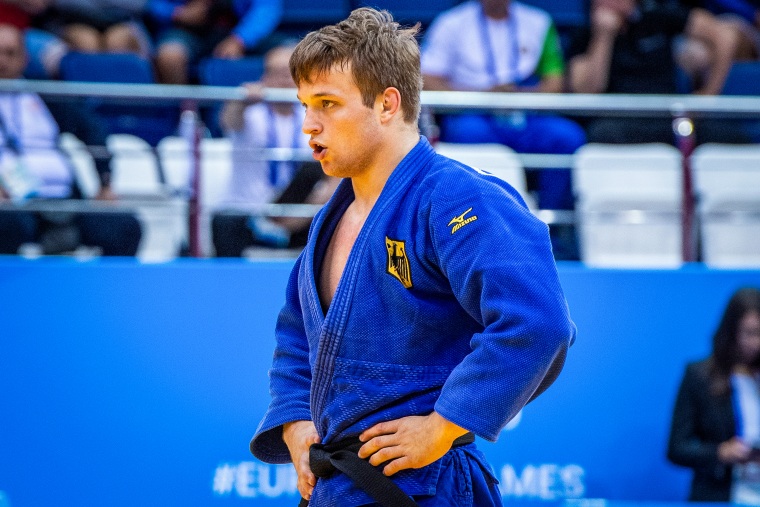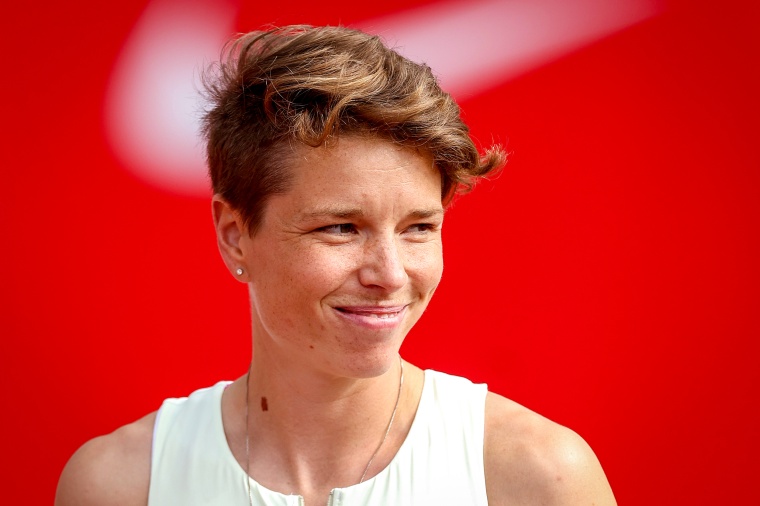Something to be Proud, At Least 144 LGBTQ Athletes/Paris Olympics
At least 144 out LGBTQ athletes will be heading to Paris for the 2024 Summer Games, with a record number of out male Olympians participating, according to the LGBTQ sports site OutSports.
In the last Summer Olympics, held in Tokyo in 2021, there were at least 186 out competitors, but the list originally started at 121, according to OutSports co-founder Cyd Zeigler, who said the number increased as the sports news site became aware of additional publicly out athletes.
Zeigler said he anticipates that the number of out athletes on the 2024 list will grow as well.
“We’ve already, in the last 24 hours, heard of about a half dozen out athletes that we did not know of,” he said. He added that the new additions include more male athletes and will be added to Outsports’ tally next week.
 |
This year, at least 18 male athletes participating in the Summer Olympics are publicly out. Zeigler said equestrian, an Olympic sport with eight LGBTQ men participating, has “long been a leader in this space of out men.”
The vast majority of athletes on the list of queer Olympians, more than 120, are women. Lesbians and other queer women represent at least half of two teams: the U.S. women’s basketball team, where six of the 12 players are out, and the Australian women’s soccer team, where at least nine of the 18 players are out.
 |
“Given how many lesbians are in women’s elite level sports, it’s just been a more welcoming place than men’s sports for a long time, just because of the huge percentage of elite level athletes, particularly in Western culture, who are LGBTQ in women’s sports,” Zeigler said.
However, Zeigler said that in the world of men’s sports, where LGBTQ athletes in the past might have been uncomfortable coming out, more male athletes are realizing that their teammates are more accepting than they may have assumed.
 |
| Germany's Timo Cavelius will be first out gay man to compete in Olympic judo, according to Outsports.David Finch / Getty Images file |
Some of the highest-profile queer athletes at this year’s Olympic Games include British diver Tom Daley, track star Sha’Carri Richardson and trans nonbinary runner Nikki Hiltz.
At the U.S. Olympic Trials last month, Hiltz punched their ticket to Paris, running the second fastest time ever of any American in the women’s 1,500-meter race.
In a post-race interview with NBC Sports, Hiltz, 29, said the race had significance beyond setting the meet record.
“This is bigger than just me. ... I wanted to run this one for my community,” they said. “All the LGBT folks, yeah, you guys brought me home that last hundred [meters]. I could just feel the love and support.”
 |
| Team USA's Nikki Hiltz will be one of at least three nonbinary athletes competing in the Paris Olympics. Christian Petersen / Getty Images |
Hiltz will be one of at least three nonbinary athletes participating in Paris, according to Zeigler. They’ll be joined by U.S. women’s rugby player Kris Thomas and Canadian soccer star Quinn, who helped Canada win a gold medal at the Tokyo Games and made history in the process as the first openly trans athlete to nab an Olympic medal.
While Zeigler said that some people believe the ban on trans women participating in the women’s category for certain sports has an effect on the number of LGBTQ athletes at the Olympics, he said he does not believe that the bans are affecting the overall numbers.
 |
Though the number of out athletes on the OutSports list is set to increase, some changes to the competition could also be contributing to a lower number of LGBTQ athletes in the competition. The elimination of softball as an Olympic sport, a sport that had eight LGBTQ women at the Tokyo Games, for example, has had an effect on the numbers.
Zeigler also pointed out that the Swedish women’s soccer team, which “surprisingly” didn’t qualify for Paris, had four LGBTQ players in Tokyo.
Women’s soccer, across all participating countries, is the queerest sport at the Olympics this year. Brazil’s team has eight out athletes this year, while Australia’s roster has nine — which Zeigler said “might be the most LGBTQ people we’ve ever seen on an Olympic team.”
Comments